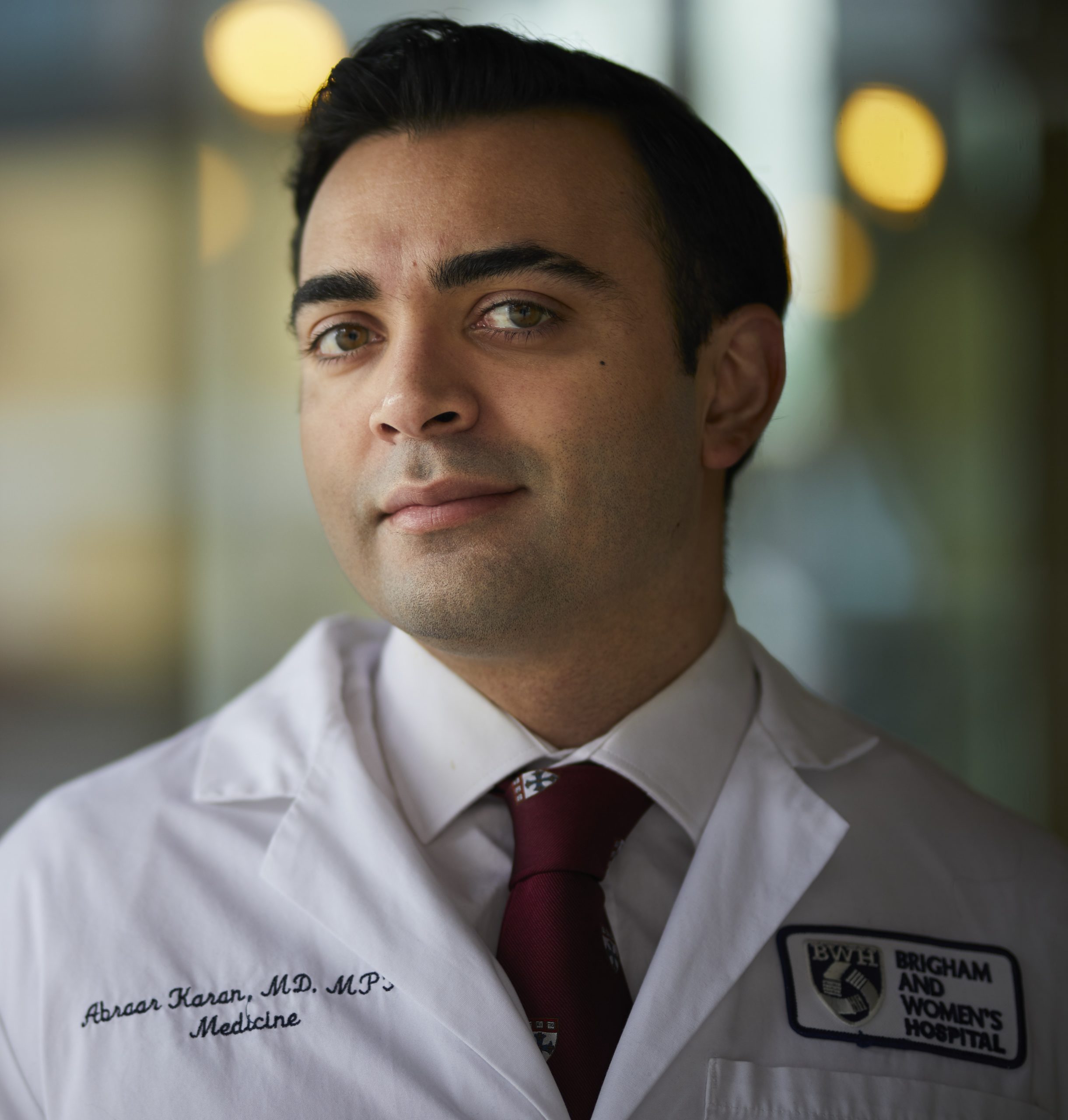As the number of people dying from covid-19 rises, Abraar Karan discusses how doctors are witnesses to the aftermath of society’s mishaps
 There are nights that I just can’t sleep. The night that I wrote this was one of them.
There are nights that I just can’t sleep. The night that I wrote this was one of them.
On this day, I knew that a patient I was caring for would likely soon die of covid-19. Death is not new to me or most doctors—many patients have died over the course of my training. What stuck with me about this patient, and many others like them, was their immense bravery in facing a death that was likely preventable. And I’m not sure that they knew that.
Many patients that I have taken care of over the past few weeks in our covid-19 emergency room have stories that follow a similar pattern: the patients, who were in high risk groups, had been faithfully staying at home. The people who lived with them and likely infected them—often younger, and not high risk—were not.
There are people still failing to follow social distancing guidelines, even while their vulnerable family members are doing so closely. Those patients then end up in the hospital, unable to breathe, and we as doctors are asked to swallow a pill knowing it didn’t have to be this way.
As a caveat, I will say that a lot of my patients cannot follow social distancing strictly. A number of them—victims of deep inequities in health and wealth—live in very close quarters with no way to separate, infecting each other with little choice. A number of them have jobs as critical workers, including frontline clinical providers, custodial staff, food workers, and other roles that are needed for society to function. Their work is critically needed at this time, and protecting them and their families is a key part of battling the disproportionate harms they are facing.
But the cases that are preventable—caused by people going out unnecessarily or states opening prematurely—really hit us differently in the hospital. Because while most people hear about policies that sound like bad ideas, we are witnessing how people die because of them. Some of these people die with no family at the bedside—surrounded instead by strangers in scrubs and white coats wishing they could have stopped this.
Many of my patients have faced their deaths with courage. A number have already talked with their primary care doctors or oncologists, and have concluded they would not want to be put on a ventilator, resuscitated, nor be placed in an ICU. They knew the outcomes for their conditions were poor if they caught covid-19. Many just did not realize it would be so soon.
There are moments as doctors that we feel helpless; a preventable death is one of them. But when it becomes a second, a third, a fourth, a fifth—eventually helplessness turns into outrage. We are left to deal with the aftermath of leadership that moved too slow; policies that did too little; and people who didn’t care about their personal responsibility in transmitting a deadly viral disease, or at the least failed to take it seriously.
At the end of it all, I stand at the bedside, a doctor with his patient—two human beings, alone in the deafening silence of a pandemic, unsure if anyone is actually listening.
Abraar Karan is a physician at Brigham and Women’s Hospital/Harvard Medical School, a columnist at The BMJ, and is working on the population level covid-19 response in Massachusetts state. Twitter @AbraarKaran
Competing interests: None declared.
